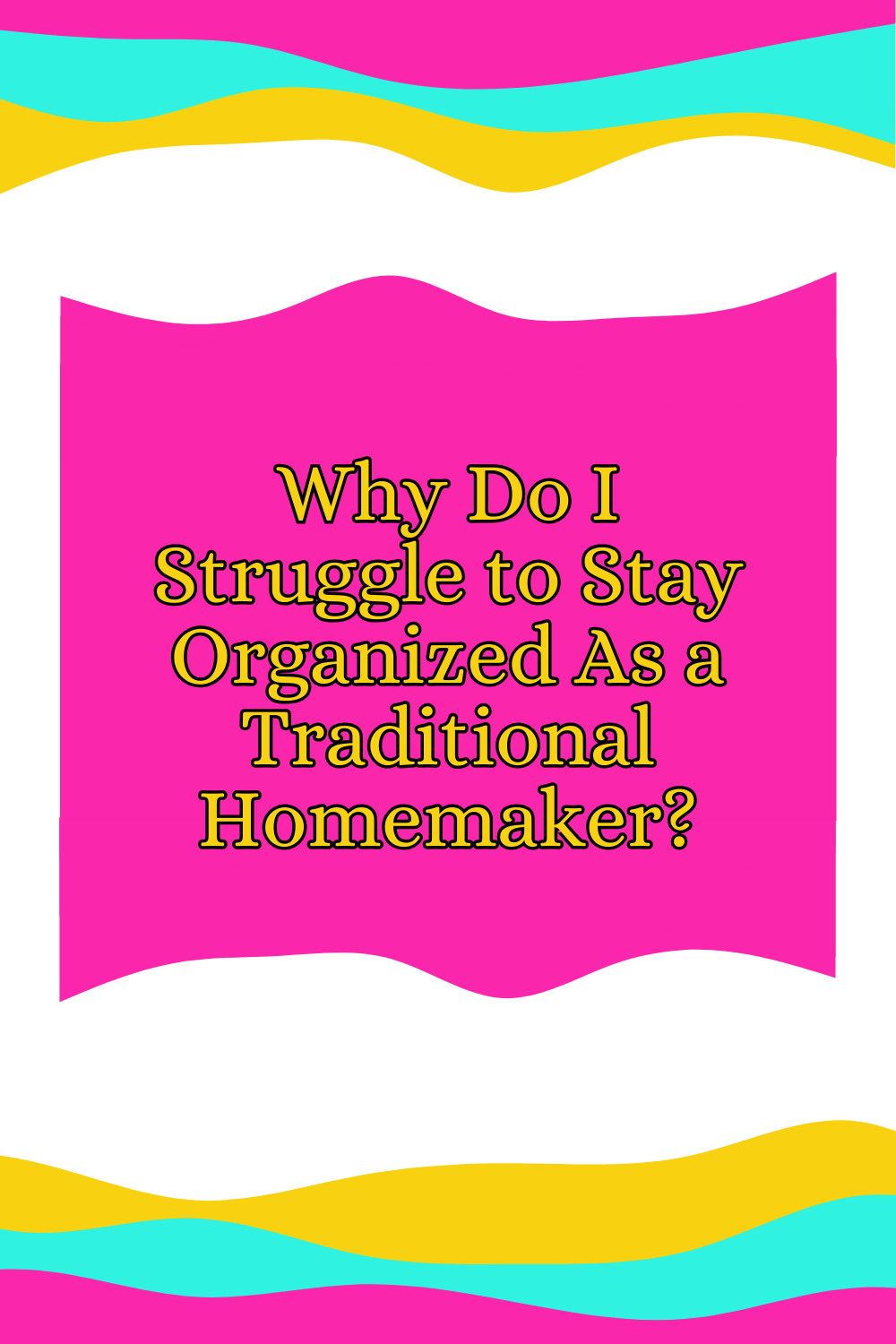Hey there, fellow homemakers! You may have heard about the recent news of natural disasters happening worldwide. Disasters can strike without warning, and it's our responsibility as homemakers to prepare our homes and families for such incidents. But have you ever considered why women are the most vulnerable in a disaster? Join me as we explore this critical question and learn how we can protect our homes and families in the face of calamity.
Women and Disasters: Statistics
Did you know that more women die in disasters than men? According to research, women are 14 times more likely to die during a natural disaster than men. The reasons for this are numerous, but one significant factor is the societal norms that women face. These norms dictate that women are responsible for taking care of their children and the elderly, which can make it impossible to evacuate quickly in a disaster. Furthermore, women who have chronic illnesses or are pregnant are more likely to suffer from complications during a disaster.
The Role of Traditional Gender Roles
As modern traditional women, we take pride in running our homes efficiently. However, traditional gender roles can contribute to women's vulnerability during a disaster. For instance, if the power goes out, women are often responsible for preparing meals. If there's no clean water, women must fetch it. These tasks can put women in harm's way, especially if they must travel significant distances to collect resources. As homemakers, it's essential to have contingency plans to ensure our homes' survival during a disaster.
Economic Disadvantage
Women are more likely to experience economic disadvantage, which can lead to a lack of resources and support during a disaster. For instance, women-owned businesses are more likely to fail after a disaster, causing women to lose their primary source of income. Women are also more likely to experience poverty, and this can limit access to essential resources such as food, water, and shelter. As homemakers, we must work hard to create financial stability at home so that we're better equipped to survive a disaster.
Gender-Based Violence
In the aftermath of a disaster, gender-based violence often increases. Women and children are more likely to be victims of sexual violence, physical abuse, and exploitation. Women who are without their homes, livelihoods, and support networks are particularly vulnerable to gender-based violence. As homemakers, we must be aware of these risks and work together to create safe and secure communities for ourselves and our families.
The Importance of Preparedness
Natural disasters can strike at any time, and being prepared is crucial for protecting our homes and families. As homemakers, we can take several steps to increase our preparedness, such as creating a disaster kit, knowing evacuation routes, and practicing emergency drills with our families. By doing these things, we can ensure that we're equipped to handle any disaster that comes our way.
As modern traditional women, we play a crucial role in our homes and communities. During a disaster, we must be prepared to protect ourselves and our families. By understanding the reasons why women are the most vulnerable in a disaster, we can take proactive steps to ensure our safety. Remember, being a traditional homemaker is about embracing our values while still staying safe and prepared for any challenge that comes our way. Stay safe, and keep homemaking!












0 Comments